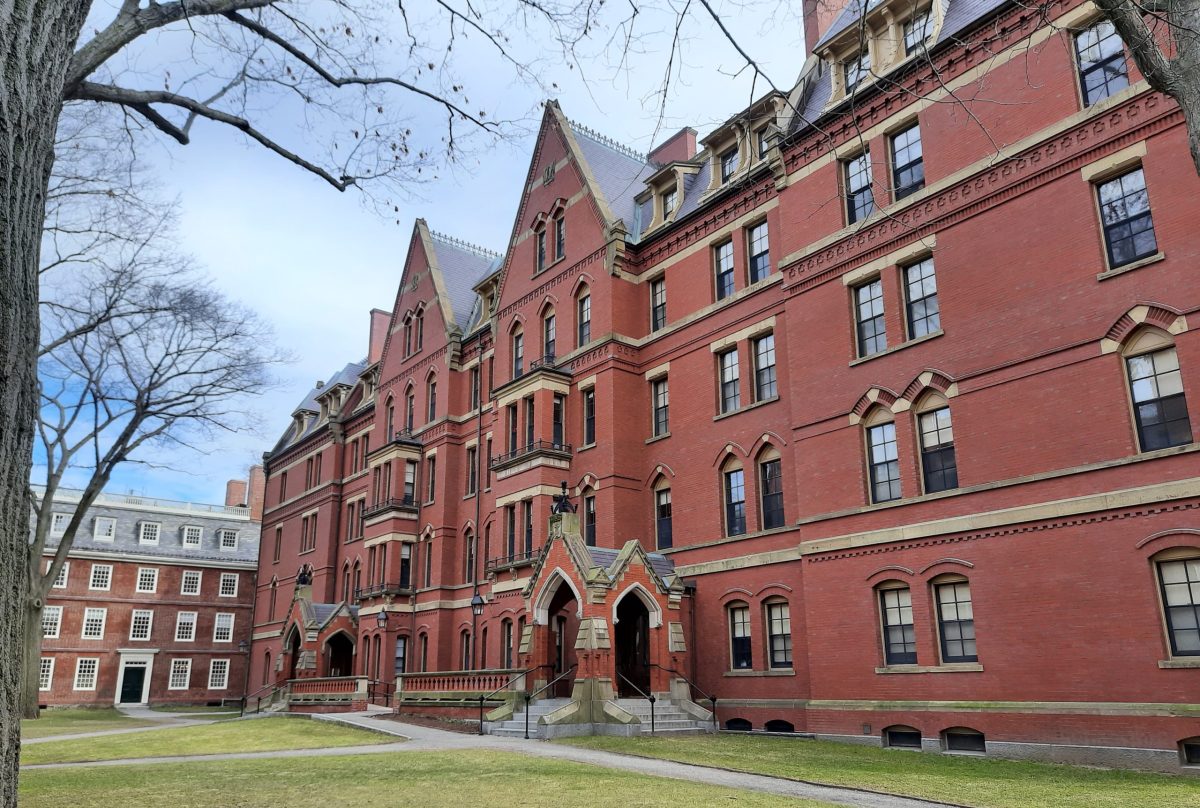A new ebook about higher schooling spares no gamers in academe nowadays. The ebook criticizes administrators as wasteful, professors as more involved in their disciplines than scholars desire, and students for dishonesty. Cracks in the Ivory Tower: The Moral Mess of Higher Education (Oxford University Press) will likely anger many Inside Higher Ed readers, even though unique chapters may also anger distinctive readers. The authors are Jason Brennan, the Flanagan Family Professor at Georgetown University, and Phillip W. Magness, senior studies fellow at the American Institute for Economic Research.
They replied to questions about their ebook through email.
Q: Your book criticizes many gamers in higher ed as responding to the incorrect incentives. Let’s start with administrators — what do you spot because of the main flaw of their wondering?

A: We assume most administrators care about their jobs and the cause they serve. Nevertheless, they face a common incentive hassle.
Any given administrative unit has a clear sense of what it’s doing; however, it has the simplest and indistinct feel of what else the college does. If administrators had simply altruistic reasons, they could nevertheless have restrained information. They’d be incentivized to increase their price range, upload new contributors, and make their undertaking bigger. They would see the best they can do. However, they wouldn’t easily see the possible value of such growth — how it drives up student expenses or comes at the cost of other precious pursuits.
Since university resources are scarce, any money spent with the aid of one administrative unit ought to come from someplace, which means less money to do other matters. But in actual lifestyles, directors are ordinary human beings. Like the general public, they’re predominantly, if not entirely, selfish. Many work in fields where measuring their output or getting a clear sense of the value delivered is tough. For any given administrator, the perfect methods to justify income growth and a promoting and accelerated reputation for yourself is to a) upload the extra body of workers below you, b) expand the sorts of belongings you and your workplace paintings on, and c) attempt to be as busy as possible. The same goes for whole devices, which are incentivized to maximize their discretionary budget.
So, every administrator and each unit has a selfish incentive to add humans, activities, and paintings. Since others pay the charges, they have little incentive to participate in cost-gain analysis—this is to ask whether the marginal value of what they do is better than the marginal fee of the assets they consume to do it.
The result: the number of full-time colleges at American universities has doubled since the mid-nineteen seventies, but directors have quadrupled in the same duration. Today, there are extra nonexecutive administrators bettered than faculty …
Q: Your book says universities are admitting too many Ph.D. Students. Why do you suspect this is?
A: Everyone loves to blame the developing nation of the educational process marketplace—mainly inside the humanities—on alleged cuts to college lines … The problem isn’t always that humanities jobs are disappearing; however, many academic fields are graduating. D.S. is growing even faster than its full-time task market.
U.S. Department of Education information (see, e.g., IPEDS tables 315.20 and equal in advance reviews) display that the whole wide variety of tenure-music assistant professors in four-yr schools has grown progressively when you consider that 2002 and is retaining tempo with student enrollment … Data from the Bureau of Labor Statistics show that the total number of humanities professors (except component-timers) has not most effective multiplied by way of approximately 60,000 between 2000 and 2015, but that humanities professorship employment grew quicker than another area besides all of the health sciences.
The annual Survey of Earned Doctorates shows a comparable pattern. In 2015, the humanities stated 1,383 full-time hires amongst newly minted Ph.D.S. The social sciences showed 1,215 hires (aside from psychology, which is from time to time categorized as a preprofessional subject); lifestyles and agricultural sciences published 920; math and computer science posted 441; engineering posted 399, and bodily sciences posted 246 college commitments from the latest elegance of Ph.D. Students …
The actual hassle is that whilee art jobs are growing, the Department of Education and other records assets display the charge at which humanities departments graduate new Ph. D.S is even faster. So, the task market “shortage” is the task market glut of our creation.
Both administrators and the school have perverse, selfish incentives to churn out Ph.D.S. (For instance, professors in doctoral applications get loose grading, better salaries, and more prestige.)